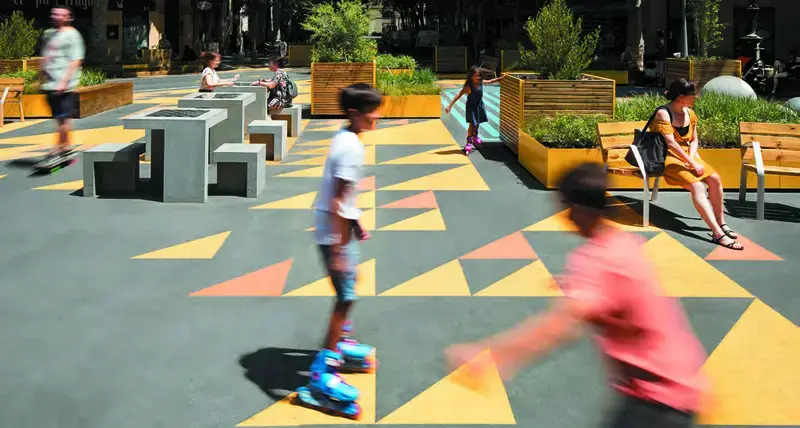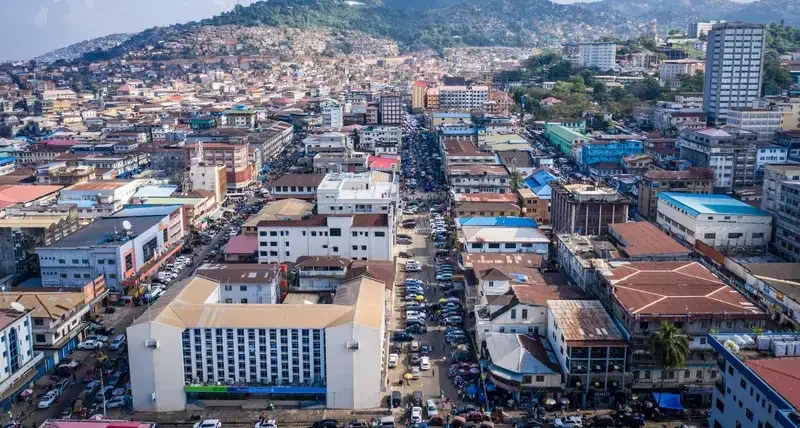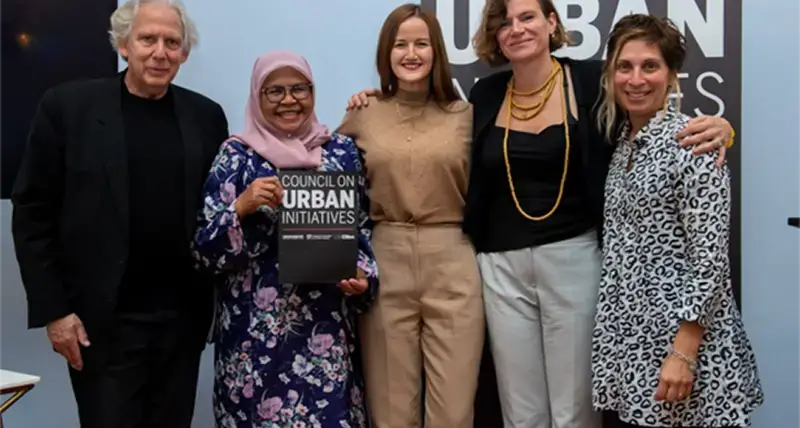Overview
The Council on Urban Initiatives provides a platform to showcase local initiatives to replicate and scale them. Many of the stopgap solutions were temporary, however, designed as a new layer within a weak system rather than an opportunity to recast and rebuild. Existing governance structures and economic reasoning have put cities at a severe disadvantage. There is, therefore, an opportunity to both expose the fragility of existing forms of governance and investment and advocate for new and more sustainable tools, frameworks and partnerships that deliver real change on the ground for the people who need it most.
The United Nations Sustainable Development Goals provide a clear direction for improving the relationship between the built environment and patterns of habitation. The Council on Urban Initiatives will not only promote experimental initiatives that respond to the urban SDGs but also identify barriers to innovation and progressive policymaking that hold cities back.
Rethinking Cities
To begin tackling challenges and exploring positive examples of new practices and experimental thinking on how cities can do things differently, the Council focuses on three related thematic entry points for urban development: health, social justice and sustainability. Drawing together global expertise, the Council will contribute renewed thinking on urban values and paradigms. The trajectory of cities must change, and the Council will shine a light to support urban change-makers to remake our urban age.
The Council has been established to centre the urban in global debates, about how to redirect our economies and societies towards ambitious social goals, to influence agendas in international fora including at the highest levels of the UN, and to help to lay the groundwork for a renewed prominence of cities in the international arena.This will enable cities to better respond to the global challenges of the 2020s and beyond.

Just City
Gaziantep, on the Turkish border with Syria, has integrated 500,000 refugees and grown its population by 25 percent since 2014. The Ensar Community Centre is an initiative led by the municipality to promote cultural exchange between residents of different backgrounds and to provide services to vulnerable members of the community.

Healthy City
Building on its unique urban DNA, the City of Barcelona’s Superblock initiative is transforming traffic junctions into largely car-free public spaces used by local residents. In addition to reducing emissions, these radical interventions create more space for greening and contribute to cooling the environment in peak summer periods.

Green City
At the outset of the COVID-19 pandemic, the city administration of Freetown in Sierra Leone accelerated initiatives to increase water provision across the city, installing hand washing stations in public spaces and introducing rainwater harvesting systems.
Videos
António Guterres, UN Secretary General | Message to launch the Council on Urban Initiatives
Constituted initially by an international group of eighteen pioneering mayors, practitioners, activists and academics, the Council on Urban Initiatives has been formed in response to UN Secretary-General António Guterres’ call to use the COVID-19 pandemic as an ‘opportunity to reflect and reset how we live, interact, and rebuild our cities’. The Council on Urban Initiatives' mission is to centre the urban in global debates, influence agendas at the highest levels of the UN and international community, and to promote experimentation to overcome barriers to innovation and progressive policymaking at the city level. The work will be organised around three ambitious challenges: the JUST city, the HEALTHY city and the GREEN city.
Dr Tedros Adhanom, Director-General of WHO | Message to launch the Council on Urban Initiatives
The Council’s mission is to centre the urban in global debates, influence agendas at the highest levels of the UN and international community, and to promote experimentation to overcome barriers to innovation and progressive policymaking at the city level. The work will be organised around three ambitious challenges: the JUST city, the HEALTHY city and the GREEN city. The Council is an independent body established in collaboration between UN-Habitat, UCL Institute for Innovation and Public Purpose (IIPP) and LSE Cities at the London School of Economics and Political Science (LSE). It is chaired by Professor Mariana Mazzucato (IIPP) and Professor Ricky Burdett (LSE).
Related Sustainable Development Goals
Related Sustainable Development Goals
Donors and partners
The Council is an independent body established as a collaboration between UN-Habitat, UCL Institute for Innovation and Public Purpose and LSE Cities. Constituted initially by an international group of eighteen pioneering mayors, practitioners, designers, activists and academics, the Council’s mission is to position urban issues at the heart of global debates; influence agendas at the highest levels of the UN and international community, and promote experimentation to overcome barriers to innovation and progressive policymaking at the city level.

